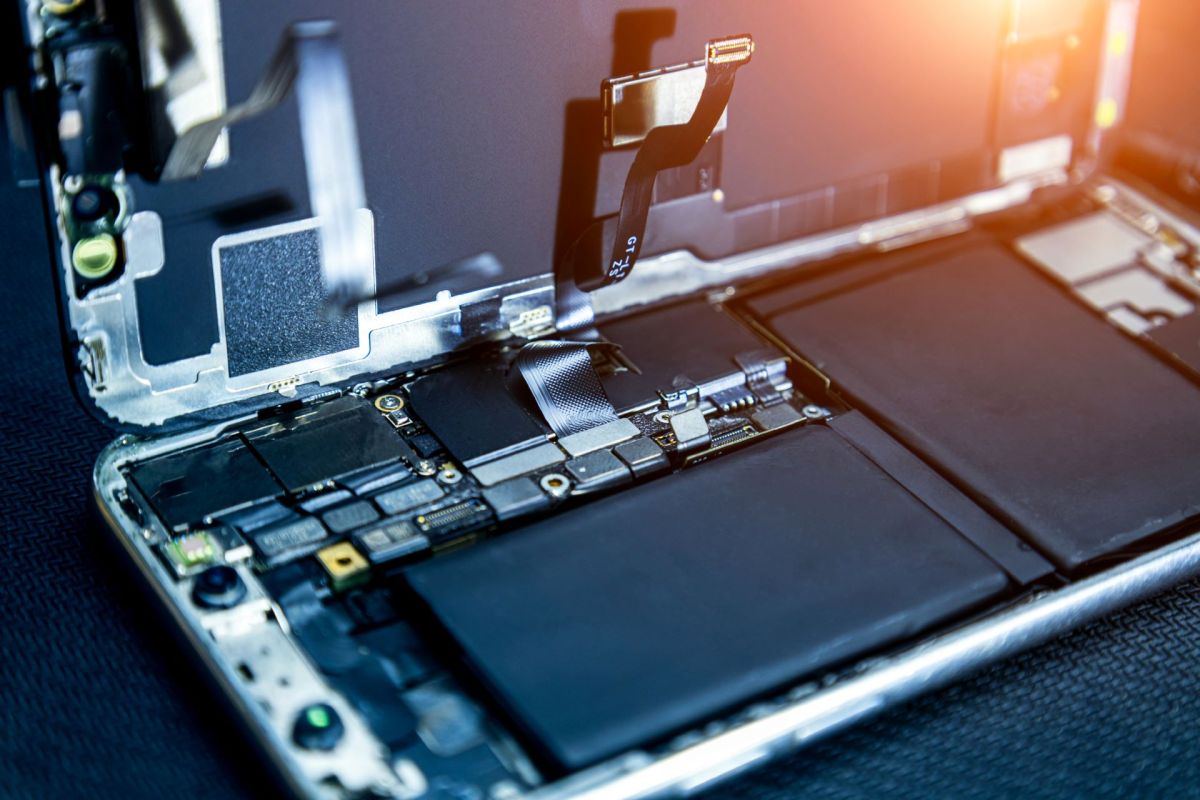Smartphones are about to get more user-friendly, thanks to an exciting ruling by the European Union.
PC Magazine reported on the new ruling, which states that all "portable batteries" — meaning those in devices like smartphones, tablets, and cameras — must be designed in a way "that consumers can themselves easily remove and replace them."
This means manufacturers will have to overhaul their designs, as most of these devices have their batteries sealed in, and replacing them takes special tools and expert knowledge.
The law is set to go into effect in 2027 but could be delayed if manufacturers need more time to comply, according to Android Authority. And while this rule only applies to the EU, according to The Verge and Android Authority, it is suspected to likely become widespread because it would be a waste of time and resources for manufacturers to make separate versions of their devices for the EU only.
Aside from being good for users, the rules could save millions of otherwise perfectly good phones from getting tossed away. According to Euronews, more than 150 million smartphones end up every year in landfills, where they release toxic metals that can contaminate water and soil.
This is partly because replacing a battery often costs almost as much as getting an entirely new phone, according to Euronews. Making batteries that users can easily replace will go a long way in both saving consumers money and reducing this massive amount of e-waste.
The new rules also set high targets for waste collection and recycling. Batteries contain rare elements like lithium, cobalt, and nickel, so recycling them reduces the need for extracting new raw materials. Plus, removable batteries can be separated from the rest of the phone, making it easier for both to be recycled.
Per the EU's new rules, by 2031, 95% of materials must be recovered from old batteries, some of which will eventually be used in new batteries.
The policy's drafters are understandably proud.
"For the first time, we have circular economy legislation that covers the entire life cycle of a product — an approach that is good for both the environment and the economy," EU parliament member Achille Variati said in a press release.
Join our free newsletter for weekly updates on the coolest innovations improving our lives and saving our planet.









